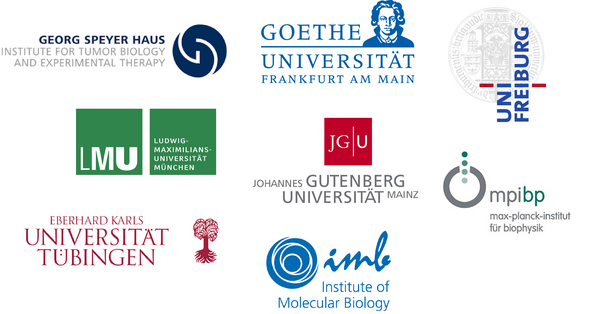Molecular and Functional Characterization of Selective Autophagy (CRC 1177)
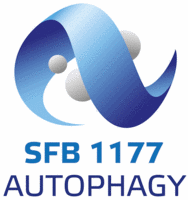
Autophagy is a highly conserved catabolic process that serves as a quality control mechanism in cells by selectively removing damaged and superfluous organelles or other harmful cytosolic material, such as aggregated proteins or invading pathogens. Under stress or energy restriction, autophagy provides recycled building blocks for the synthesis of new cellular components. Three different types of autophagy can be distinguished: macroautophagy, microautophagy and chaperone-mediated autophagy. This Collaborative Research Centre (CRC) focuses on macroautophagy (hereafter referred to as autophagy), a multi-step cellular process by which cytosolic material is engulfed by a double-membrane (termed autophagosome after closure), which eventually fuses with a lysosome in order to eliminate its contents. Autophagy plays a vital role in protecting against disease; however, in recent years it became clear that the effect of autophagy is highly contextual. While it acts, for instance, as an anti-tumorigenic mechanism in healthy cells, cancer cells exploit the cytoprotective effect of autophagy to overcome stress conditions and the nutrient limitation caused by rapid tumour growth.
The CRC 1177 aims to gain a more detailed insight into the mechanistic details of selective autophagic pathways to better understand their role in the pathogenesis of disease and eventually exploit this knowledge therapeutically.
For more information, please visit: https://sfb1177.de/.
Contact:
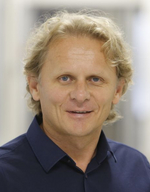
Speaker:
Prof. MD PhD Ivan Dikic
IBC2, BMLS, Goethe University Frankfurt - Faculty of Medicine
+49 69 6301-5652
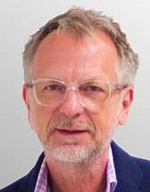
Vice Speaker:
Prof. Dr. rer. nat. Christian Behl
Institute of Pathobiochemistry
University Medical Center, Johannes Gutenberg University Mainz
+49 6131 39-25890
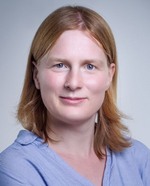
Coordinator:
Dr. Julia Lau
IBC2, Goethe University Frankfurt - Faculty of Medicine
+49 69 6301-84832
Participating institutions:
